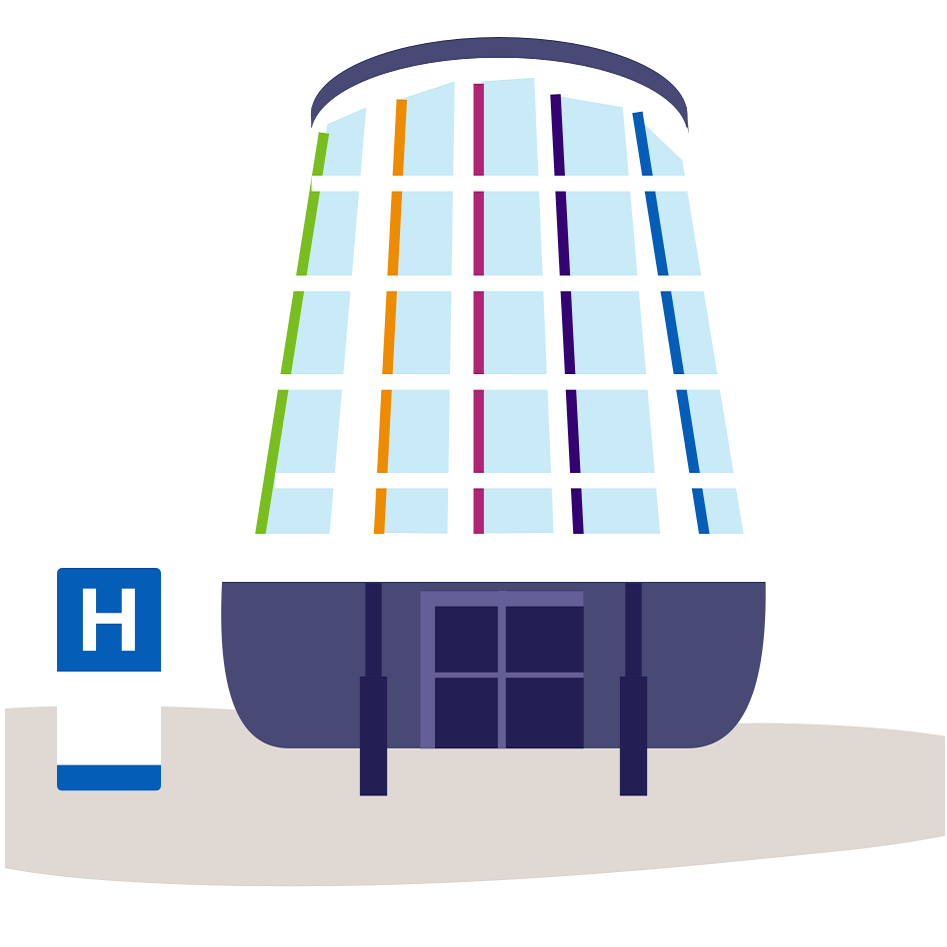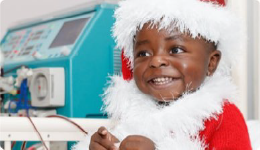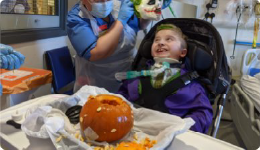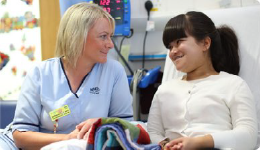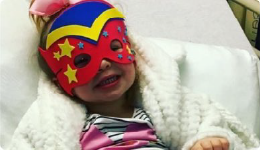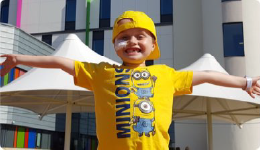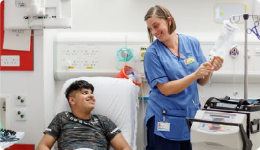Pre-Op
Before the operation, it is important for your child to remain active. Unless advised otherwise, continue activities your child enjoys. If your child is under two years old this might include normal developmental play such as tummy time, rolling, cruising around the room or just general play. If your child is over two years old this might include playing games, running around with friends at nursery or school or continuing clubs and sports they enjoy. Remaining active and strong will help them recover quicker after their operation.
Children find comfort from having familiar items in with them. So, if your child has some favourite toys, comfort blankets or little bouncy chairs bring them in to help your child recover and return to activities they enjoy after their operation.
Post-Op
After their operation your child will go to the Paediatric Intensive Care Unit (PICU) to be looked after until they are well enough to go back to the ward. During this time, the nurses will encourage and help you to stay close with your child as they recover. Even when they are sleepy in PICU children feel comfort knowing their family are near them. We would encourage ideas like talking to your child, reading them stories, touching them and even singing to them.
Infants (<2 years old)
When your child is well enough the nurses and physiotherapists will help your child get moving again. This might involve getting out for cuddles, sitting in little bouncy chairs or getting down on the mat to play. Even if your child is still needing help to breath or has lines attached to them they can still get out for cuddles or into their chairs. You may see a Physiotherapist whilst you are in hospital to help you and your child become confident in returning to play and tummy time after the operation.
Children >2 years old
The best thing to do to recover from surgery is start moving. The Physiotherapist will come to see your child the day after their surgery. When appropriate, your nurse and physiotherapist will help your child to move around the bed, get out for cuddles and sit up in a chair. Your child may feel a little wobbly when they first start moving but your physiotherapist will help your child to become strong to stand and walk again, gradually building up the activities they can do. You and your child will be taught how to move safely so activities can continue to be completed when your physio is not around. The more your child moves the quicker they will recover. Your physiotherapist will remain part of your child’s journey until they are nearly back at their baseline. For most children this means they are managing to get out of bed and walk with a little helping-hand from a parent.
Going Home
Once your child is home it is important to continue gradually increasing their physical activity. Your child will be tired but even playing in the garden or going for short walks will help them re-build their strength.
It is important for children to return to activities they enjoy to after their operation to remain active and healthy but care needs to be taken for their sternotomy wound. The following timeframes can be used as a guide for return to sports and activity:
| Activity |
Time Frame |
| Rough Play |
6 weeks |
| Lifting under the arms |
6 weeks |
| Cycling and Swimming |
6 weeks |
| Contact sports |
8-12 weeks |
| Return to school |
Minimum 2 weeks |
If you have any questions regarding any points please let your nurse, doctor or physiotherapist know.


